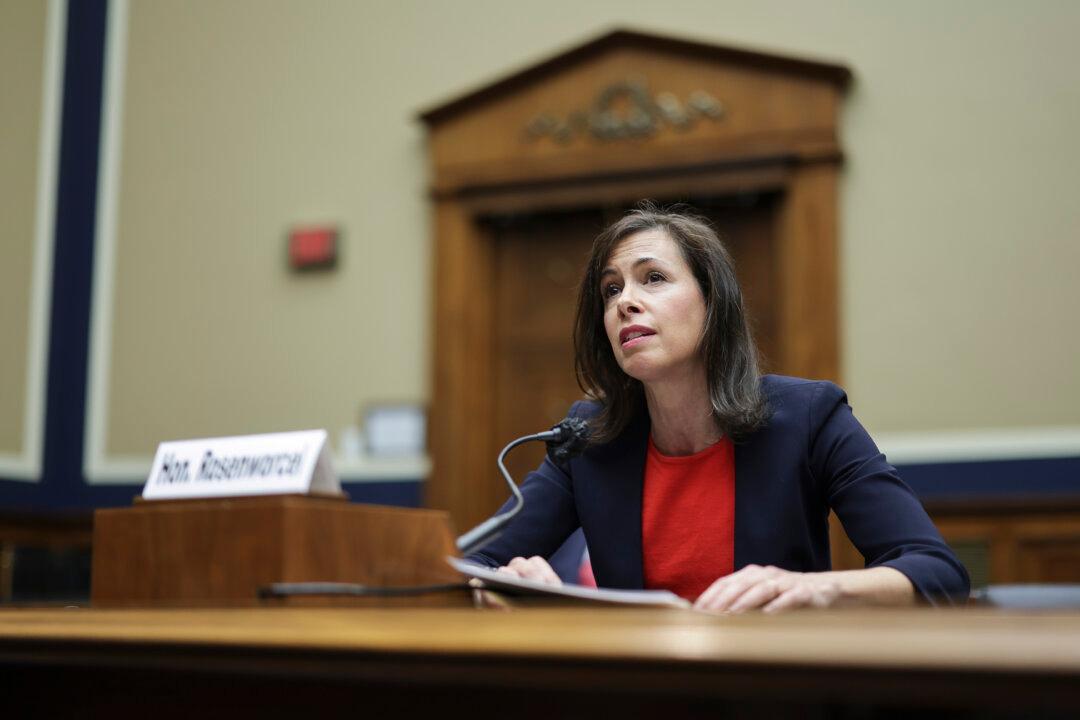The Federal Communications Commission (FCC) has voted to advance a proposal to improve the security of America’s communications networks, pointing to past incidents of a Chinese state-run carrier hijacking U.S. internet traffic.
The proposed initiative mandates that broadband providers file confidential reports, detailing their plans and steps to address vulnerabilities in the Border Gateway Protocol (BGP), which is a system that routes internet traffic across the globe.




